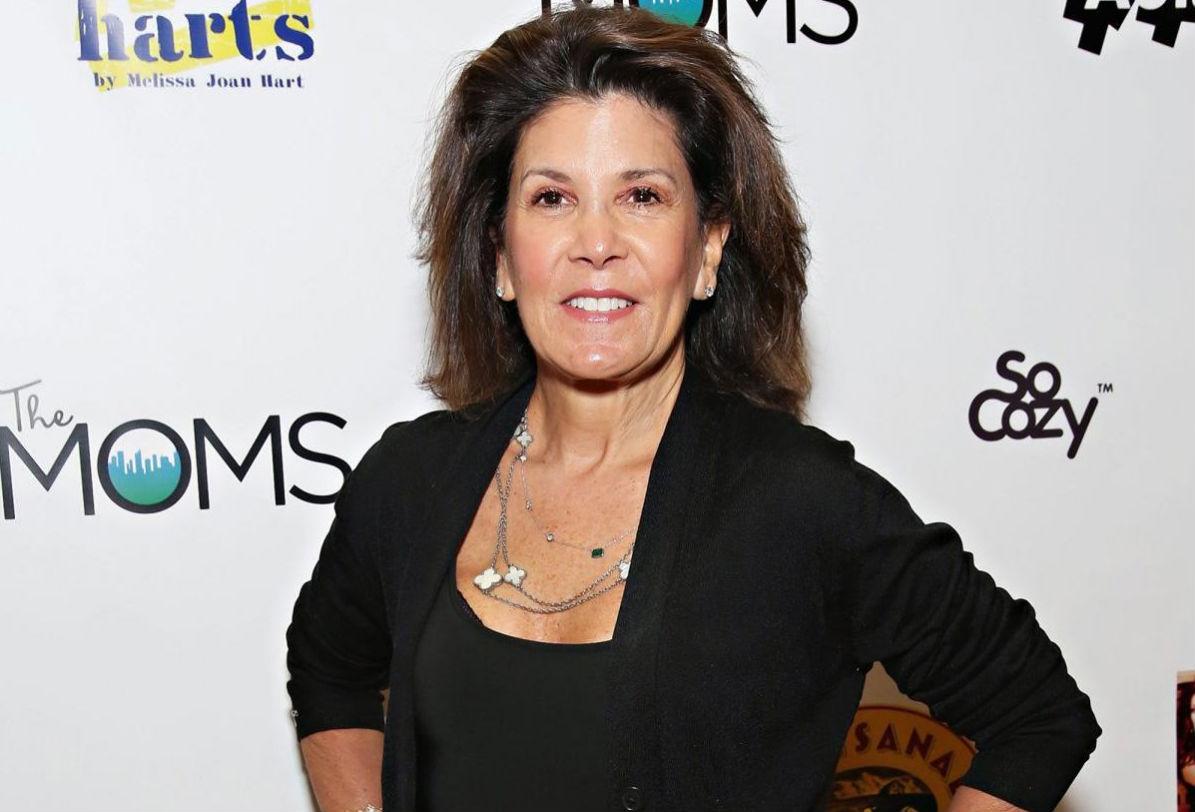In recent years, the conversation surrounding workplace harassment has gained significant traction, especially in the media industry. The stories of courageous women speaking out against powerful figures have become a rallying cry for change. Among these voices, Shelley Ross, a former television executive, has shared her harrowing experience with Roger Ailes, the former CEO of Fox News, revealing the dark underbelly of sexual misconduct in the workplace.
This article delves into the revelations made by Ross, highlighting the pervasive culture of harassment that has long plagued the television industry. It sheds light on the experiences of several women, including Gretchen Carlson, Megyn Kelly, and Andrea Tantaros, who have bravely stepped forward to expose the inappropriate behavior of Ailes and others in positions of power.
Through her powerful essay, Ross not only recounts her own experiences but also emphasizes the need for systemic change within organizations to protect employees from harassment. This narrative serves as a crucial reminder that the fight against workplace misconduct is far from over and that every voice matters in this ongoing battle.
Table of Contents
- Biography of Shelley Ross
- Experiences with Roger Ailes
- The Wider Culture of Harassment
- Proposed Solutions for Change
- Final Thoughts
Biography of Shelley Ross
Shelley Ross is a renowned television executive and producer known for her significant contributions to the industry. With a career spanning several decades, she has worked in various capacities, including as an executive producer for major television networks.
Ross has become a vocal advocate for women's rights, especially in the context of workplace harassment. Her experiences and insights offer a unique perspective on the challenges faced by women in the media industry.
| Detail | Information |
|---|---|
| Name | Shelley Ross |
| Profession | Television Executive and Producer |
| Years Active | Over 30 years |
| Notable Works | Primetime Live, ABC News |
Experiences with Roger Ailes
In her essay, Ross recounts a disturbing encounter with Roger Ailes, who allegedly proposed a "sexual alliance" while offering her a job at NBC. This proposition came during a lunch in the early 1980s, leaving Ross embarrassed and prompting her to halt negotiations.
Following this incident, Ailes was forced to apologize after senior lawyers intervened, highlighting the severity of his behavior. Ross's story is just one of many that depict the manipulative tactics used by powerful individuals to exploit their positions.
The Wider Culture of Harassment
The revelations surrounding Ailes's conduct are emblematic of a broader issue within the television industry. Many women, including Carlson, Kelly, and Tantaros, have shared their own experiences of harassment, creating a growing movement against such misconduct.
Ross notes that Ailes's actions cannot be viewed in isolation, as they reflect a culture that has long enabled such behavior. The collective experiences of these women underscore the urgent need for systemic change within organizations to create safer workplaces.
Proposed Solutions for Change
In her essay, Ross advocates for a transformative approach to addressing workplace harassment. She suggests implementing mechanisms similar to the South African Truth and Reconciliation Commissions, allowing victims and perpetrators to share their stories openly.
This approach aims to foster accountability and healing, moving away from the reliance on non-disclosure agreements that often protect perpetrators at the expense of victims. Ross emphasizes that meaningful change requires commitment from executives and human resources departments to prioritize employee safety and well-being.
Final Thoughts
The stories shared by Shelley Ross and her colleagues serve as a powerful reminder of the work that still needs to be done in combating workplace harassment. As the media industry grapples with its past, it must also look to the future, ensuring that all employees can work in environments free from fear and exploitation. The courage of these women to speak out is a testament to the resilience of those who demand change.
As we continue to listen to these voices and push for reform, it is essential to remember that change is possible. Every story shared contributes to the movement for a safer, more equitable workplace for all.






